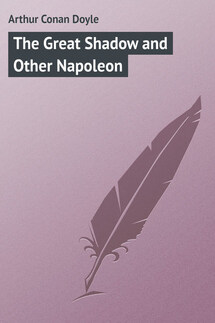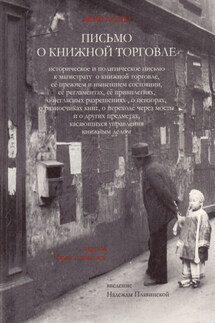The Great Boer War - страница 55
The battle of Enslin had cost us some two hundred of killed and wounded, and beyond the mere fact that we had cleared our way by another stage towards Kimberley it is difficult to say what advantage we had from it. We won the kopjes, but we lost our men. The Boer killed and wounded were probably less than half of our own, and the exhaustion and weakness of our cavalry forbade us to pursue and prevented us from capturing their guns. In three days the men had fought two exhausting actions in a waterless country and under a tropical sun. Their exertions had been great and yet were barren of result. Why this should be so was naturally the subject of keen discussion both in the camp and among the public at home. It always came back to Lord Methuen's own complaint about the absence of cavalry and of horse artillery. Many very unjust charges have been hurled against our War Office – a department which in some matters has done extraordinarily and unexpectedly well – but in this question of the delay in the despatch of our cavalry and artillery, knowing as we did the extreme mobility of our enemy, there is certainly ground for an inquiry.
The Boers who had fought these two actions had been drawn mainly from the Jacobsdal and Fauresmith commandoes, with some of the burghers from Boshof. The famous Cronje, however, had been descending from Mafeking with his old guard of Transvaalers, and keen disappointment was expressed by the prisoners at Belmont and at Enslin that he had not arrived in time to take command of them. There were evidences, however, at this latter action, that reinforcements for the enemy were coming up and that the labours of the Kimberley relief force were by no means at an end. In the height of the engagement the Lancer patrols thrown out upon our right flank reported the approach of a considerable body of Boer horsemen, who took up a position upon a hill on our right rear. Their position there was distinctly menacing, and Colonel Willoughby Verner was despatched by Lord Methuen to order up the brigade of Guards. The gallant officer had the misfortune in his return to injure himself seriously through a blunder of his horse. His mission, however, succeeded in its effect, for the Guards moving across the plain intervened in such a way that the reinforcements, without an open attack, which would have been opposed to all Boer traditions, could not help the defenders, and were compelled to witness their defeat. This body of horsemen returned north next day and were no doubt among those whom we encountered at the following action of the Modder River.
The march from Orange River had begun on the Wednesday. On Thursday was fought the action of Belmont, on Saturday that of Enslin. There was no protection against the sun by day nor against the cold at night. Water was not plentiful, and the quality of it was occasionally vile. The troops were in need of a rest, so on Saturday night and Sunday they remained at Enslin. On the Monday morning (November 27th) the weary march to Kimberley was resumed.
On Monday, November 27th, at early dawn, the little British army, a dust-coloured column upon the dusty veld, moved forwards again towards their objective. That night they halted at the pools of Klipfontein, having for once made a whole day's march without coming in touch with the enemy. Hopes rose that possibly the two successive defeats had taken the heart out of them and that there would be no further resistance to the advance. Some, however, who were aware of the presence of Cronje, and of his formidable character, took a juster view of the situation. And this perhaps is where a few words might be said about the celebrated leader who played upon the western side of the seat of war the same part which Joubert did upon the east.









